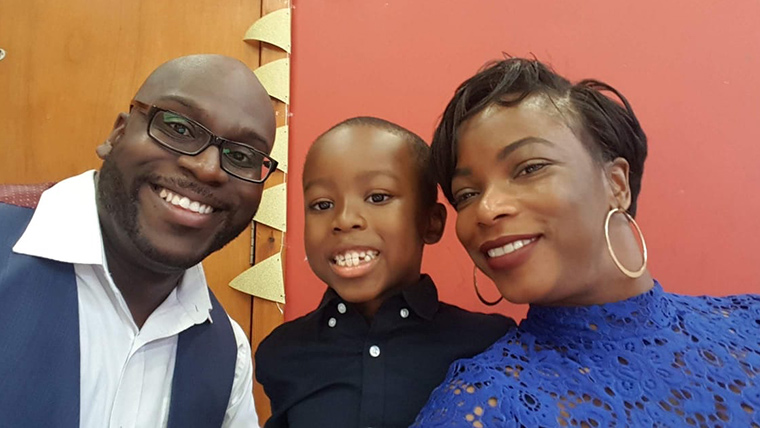
Coronavirus: helping UK kids through lockdown
How UK parents & communities are helping kids through the loneliness of lockdown
Seven-year-old Lewis has been looking forward to his birthday for weeks. He started a new school near his home in London in January, and was looking forward to celebrating his big day with friends and family at a pizza-making party at a local restaurant this weekend.
It was going to be the first time he could invite his new school friends to a party, and make him feel truly part of his class. He talked of little else over the past couple of months.
Unfortunately, due to the coronavirus outbreak and lockdown, his party was cancelled.
Lewis’ mum, Sharmain, says: “Lewis was devastated he couldn’t have his birthday party with his friends. He doesn’t really cry or throws tantrums, but he has felt lonely during this time and misses them.
“He regularly asks questions about the coronavirus and whether you can recover from it. In truth, we are all concerned, but our priority is to make sure Lewis is okay. We are grateful to have more quality time with him and make sure we shower him with an abundance of cuddles and hugs.”
Sharmain and Rowan, Lewis’ dad, wanted to do what they could to lessen the blow of having to cancel their son’s birthday party and make his day special. They decided to hold a birthday party for the three of them in their back garden with music, pizzas and all his favourite toys to make him feel better. They also arranged a FaceTime call with his beloved grandparents.
When Sharmain told their neighbours of how upset Lewis was about having to cancel his party, the whole street wanted to support him. On April 2nd, his birthday, they all came out of their homes and sang Happy Birthday from their front doors together. As his friends and family couldn’t be around, they wanted to make sure he wasn’t alone and felt loved.
Lewis’ verdict? “Best birthday ever!”
These are the lengths families and communities are going to across the UK and around the world to make sure children feel safe, loved and happy during lockdown.
This is especially important because the results of a new survey released today by World Vision reveal that a third of UK children between five and 18 years old have told parents they are lonely since the government shut schools.
Almost a third of parents (32%) of five to 18-year-olds have noticed negative changes in their children’s behaviour since lockdown. They include behaviours such as tantrums, meltdowns, nightmares, stomach aches, fighting and crying. Over one in five (22%) children are concerned a family member or close friend could die from catching coronavirus.
Younger children are more likely to worry about catching coronavirus. They are also the most likely to tell parents they are lonely and missing friends and family. Children 5-11 years old are more likely than older children to become clingy, cry and have tantrums and disturbed sleep. Children over 12 years old are more likely to become withdrawn.
World Vision Global Advocacy Leader Daniela Buzducea says: “Our survey opens a worrying window on children’s emotional turmoil at this bleak time. It shows how the global pandemic is taking a toll on children’s mental well-being – leaving them frightened, insecure and isolated. “Children experience a crisis like this differently to adults. They pick up on anxiety around them and get destabilised by dramatic changes in their daily routines and strict restrictions on their movements. Their emotions become disturbed and confused. Many begin to act out their tension through challenging behaviour or withdraw into their shells.”
The survey found that girls tend to show their distress at the coronavirus upheaval in a different way to boys. Girls are more likely to become more easily upset and complain of ailments like stomach aches and headaches. Boys are more likely to become fidgety and fight more.
Buzducea adds. “The impact of a crisis like this on children’s emotional well-being is easily overlooked, but it should never be underestimated. Children can suffer acute anxiety when their lives are turned upside down. Coronavirus disruption is unsettling even for children of preschool age.
“Parents can give their children emotional support, reduce their stress levels, and help them feel safe and secure. It is important that parents find out what their children have heard and listen to their concerns. They should talk calmly and explain what is happening in a way appropriate to their children’s level of understanding. It may be easier for young children to draw a picture rather than talk about something scary. Offer them crayons and paper so they can do this.”
World Vision has decades of experience helping children cope with disasters and emergencies across the world. More tips for parents on how to talk to children about coronavirus can be found below.
